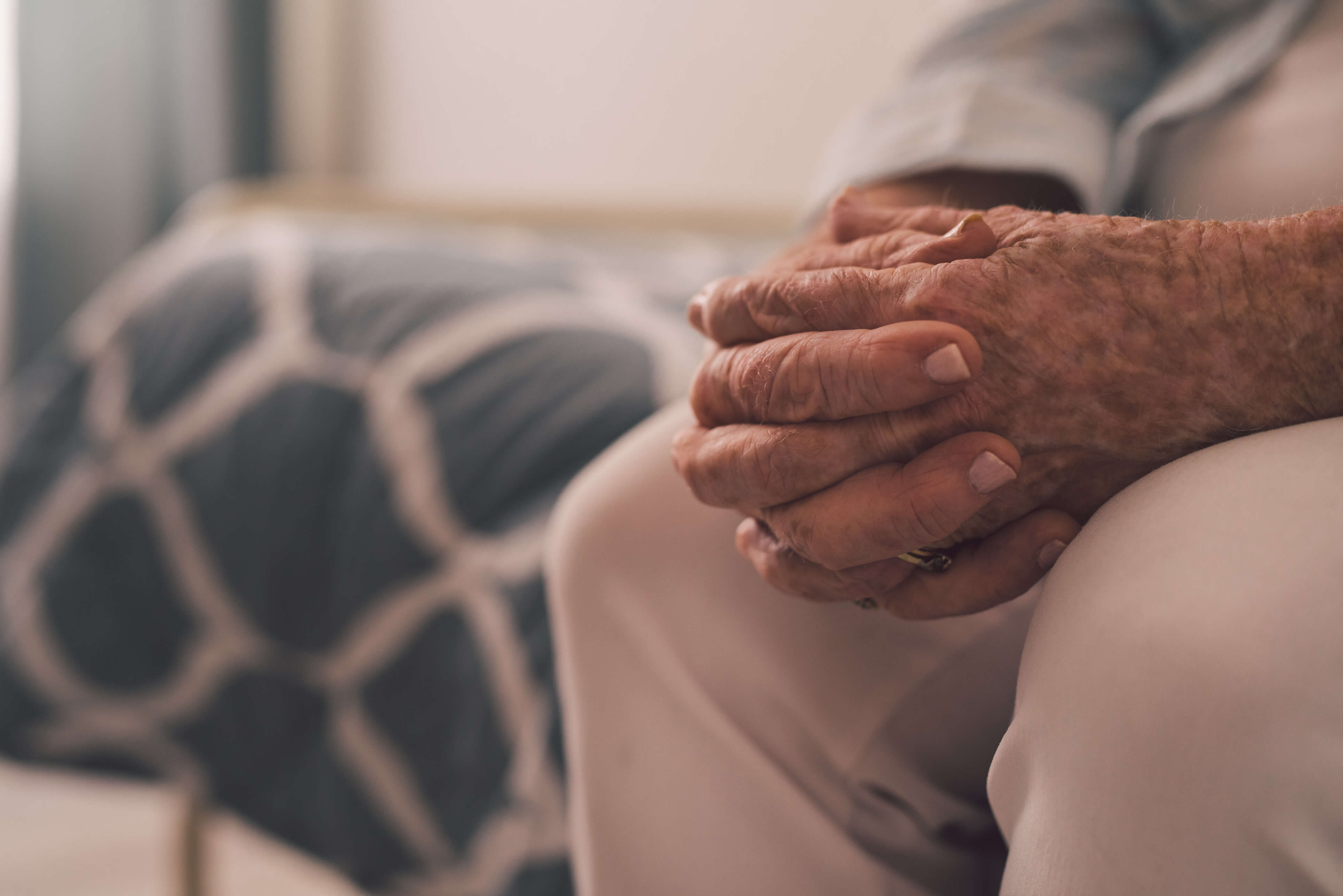The restrictions put in place during the coronavirus pandemic are designed to keep people, and particularly vulnerable older adults, safe. However, as clinical geropsychologist and UQ School of Psychology, Professor Nancy Pachana explains, they also increase the risk of elder abuse – a hidden and poorly studied challenge.

The coronavirus pandemic and its primary management tools – social distancing and restricting people to their homes – has led to an unintended but very real increase in instances of domestic violence as well as child abuse. But another form of abuse has not to date garnered the same headlines – namely, elder abuse.
Currently, older adults face increased risk of serious or life-threatening health complications should they contract COVID-19 – and plans for flattening the curve have taken both age and health status into account.
But increased social isolation, economic impacts on themselves and their families, and mounting anxiety and stress may put older adults at increased risk of elder abuse during the pandemic.
Elder abuse is defined by the World Health Organization (WHO) as "…a single or repeated act, or lack of appropriate action, occurring within any relationship where there is an expectation of trust, which causes harm or distress to an older person (aged 60 years and older)."
"It includes physical, sexual, psychological/emotional abuse; financial and material abuse; abandonment; neglect; and serious loss of dignity and respect."
– WHO
Despite increasing attention from both researchers and the popular press, elder abuse remains a global issue of high concern, with the WHO estimating that 15.7% of people 60 years and older are subjected to abuse.
Although the WHO drafted an international call for action aimed at the prevention of elder abuse in 2002 (the Toronto declaration on the global prevention of elder abuse), rates of elder abuse remain high and under-reported. In fact, reported rates of elder abuse are increasing, while awareness of the issue is not.
The coronavirus pandemic has set the stage for an increase in instances of abuse and a decrease in the ability for such abuse to be detected.
Visit the UQ Research website to read the full opinion piece.



